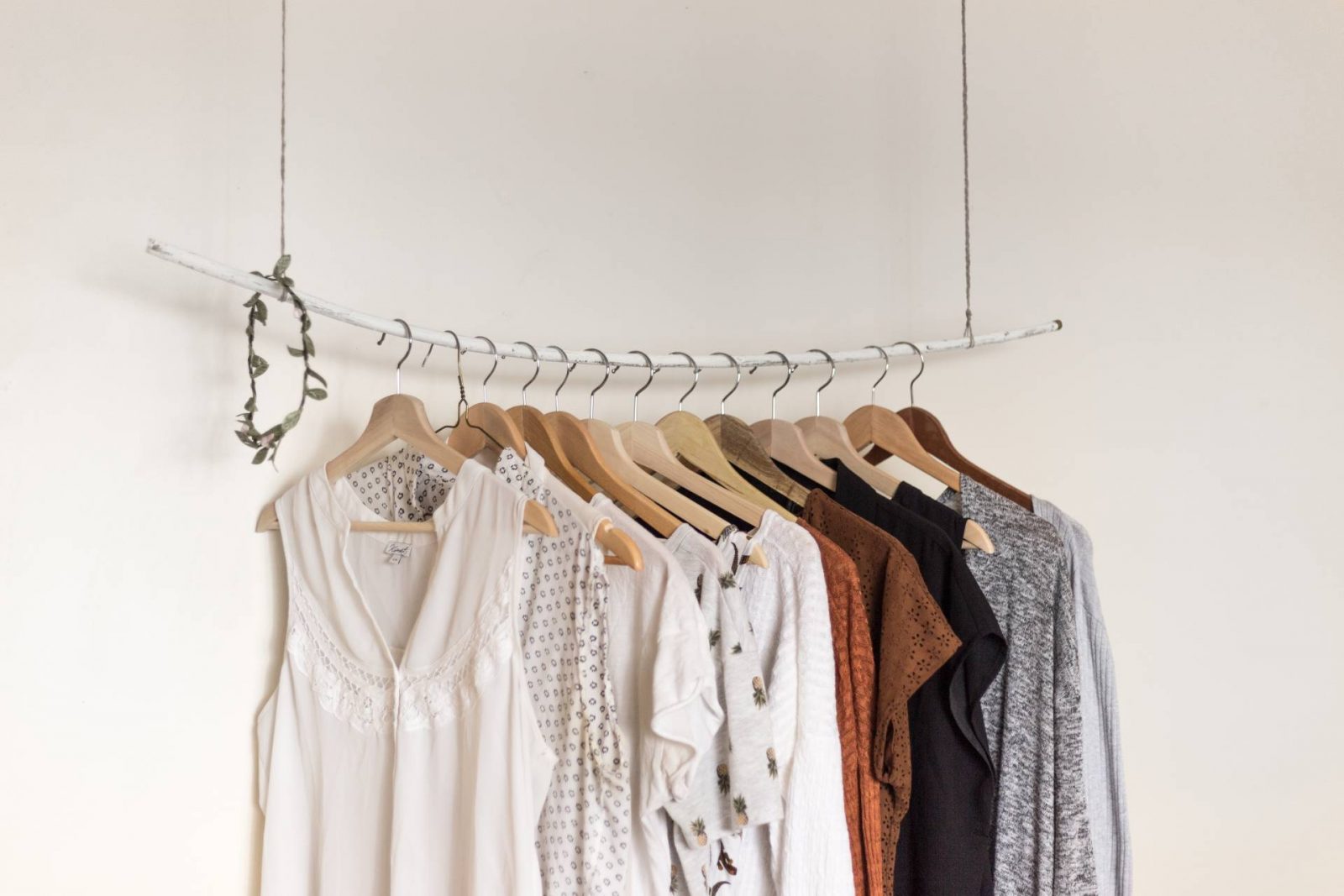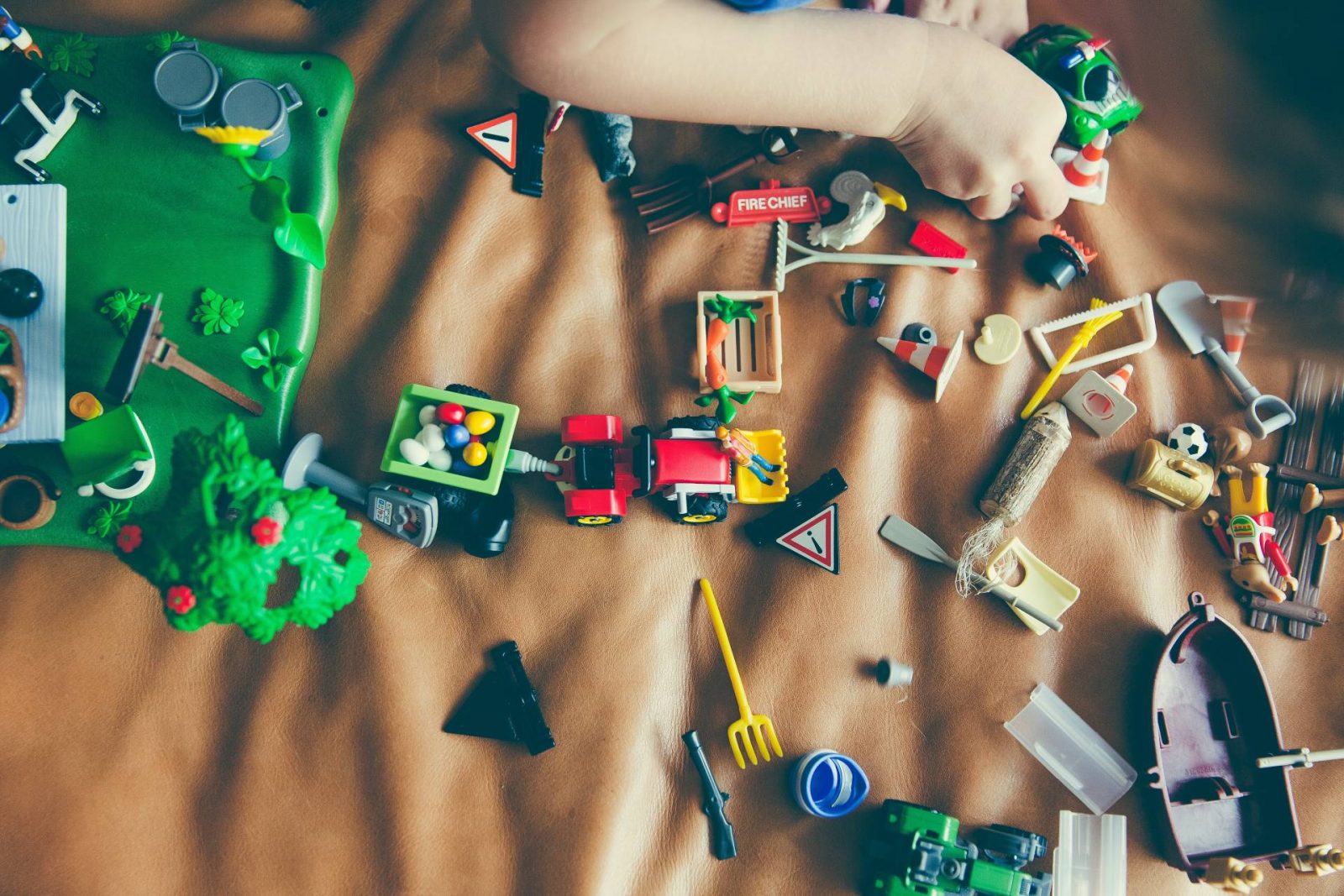Maybe you have already done your spring cleaning for the year; maybe you have lived in denial of the clutter around you. Either way, reclaiming your house is hugely satisfying and rewarding, and seemingly never-ending. For whatever reason, we feel continuously fill up our house with items that seem to make sense at the time. Here are some usual suspects and how to deal with them.
Recognise cupboards filled with waffle makers, panini toasters and cheese fondue sets? Buying kitchen and food-related appliances somehow seem more easily justified than buying something for yourself. It’s for the whole family and its food right, and we all need food? Get rid of those cupboard space-hogging items by setting yourself a simple rule: ‘have I used it on the last six months?’. If the answer is a resounding no, then fire up eBay and turn those unwanted appliances into cash! Or see if the local charity shop has any use for them.

Clothes are also everyday space eaters. You can use the same rule as before and discard anything that you haven’t worn for months. Another way to do it is to collect all clothes in a wardrobe or chest of drawers that are suitable for the current season. And as you pick out clothes and wear them, you don’t return to the original place, even after washing. After two months you will know what clothes you will wear and which ones you like the idea of but not enough to put own. Bag those unwanted clothes and give a charity clothes collection service a ring.
Have drawers full of important looking papers that you don’t think you can get rid of? Bank statements, tax office letters and the instruction booklet of the vacuum are all important enough to keep right? Maybe, but maybe not. Take the first step and gather all your documents that are most likely dotted around the house. Once gathered, sort your paperwork. The important things to keep can usually be categorised in: house (e.g. rental agreements and mortgage papers), car (e.g. car insurance policy), health (e.g. life insurance policy), financial (e.g. tax statements) and personal (e.g. birth certificates). Once you start ordering them, less critical papers will filter themselves out. Once you’re set on the categories, consider keeping them together in a storage box or folder. These will fit perfectly on the top bookshelf. This might also be the right moment to consider which documents are vital and not easily replaced, such as passports and birth certificates, and put them in a fire-resistant lock box.

Parents amongst us know what the king of clutter is: toys. Your kids just seem to accumulate more toys indefinitely and if you would ask them which ones can be given away or thrown in the bin, you usually only get the smallest of toys if any. Let’s be fair, the best way to avoid clutter is to stop buying your kids more toys and tell grandma and grandad to do the same. In all the other cases big storage boxes help. Get your kids into a routine of putting the toys away after they are done with them. And you don’t have to splash out either, check out how to make some excellent toy storage for your kids with things you have lying around.
And after you have done all this and feel good about decluttering, sit back and slowly succumb to the act of cluttering again!
Collaborative Post
